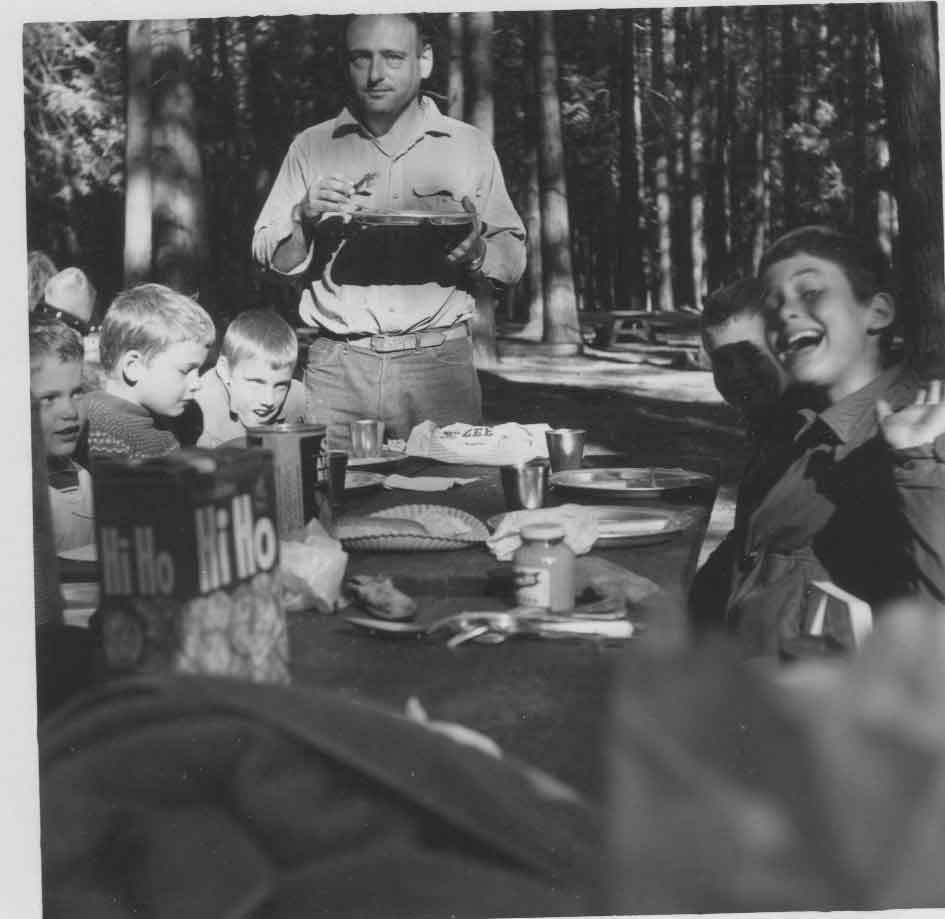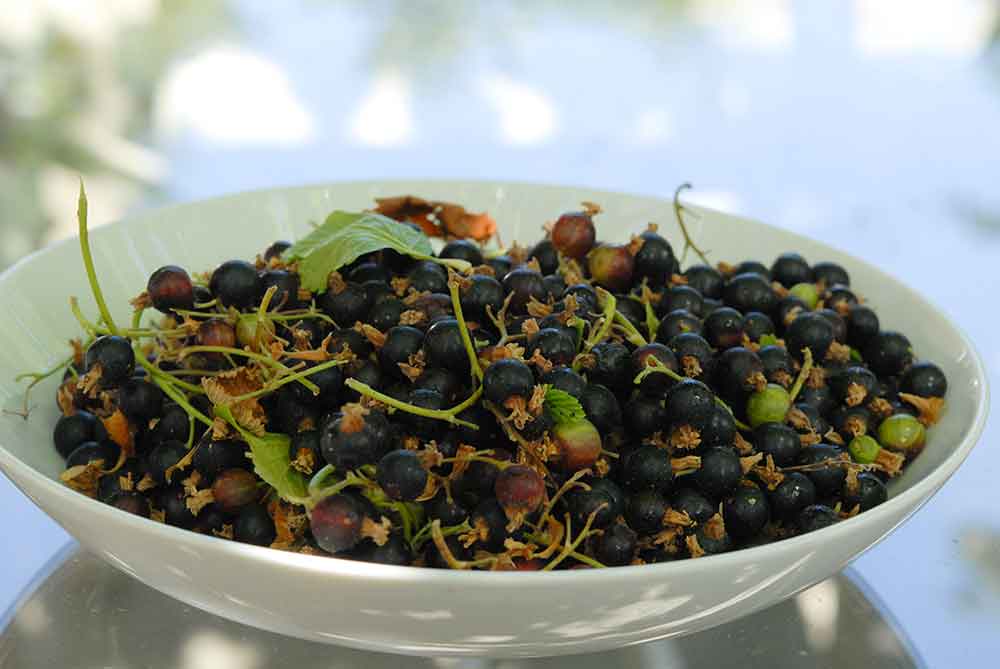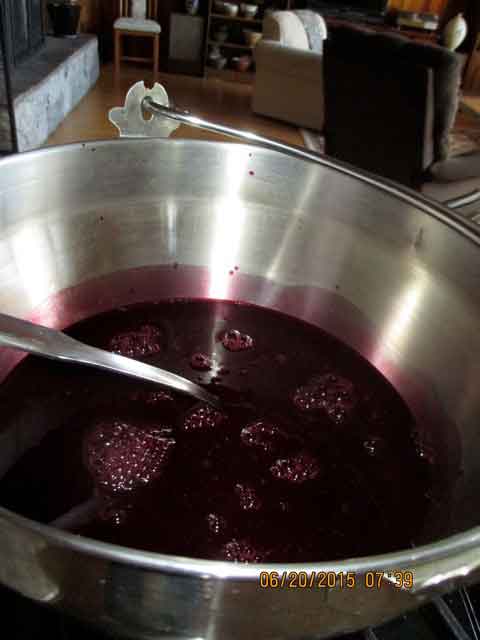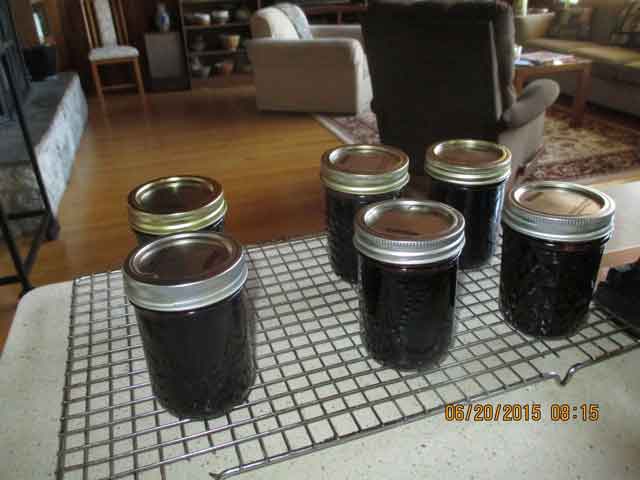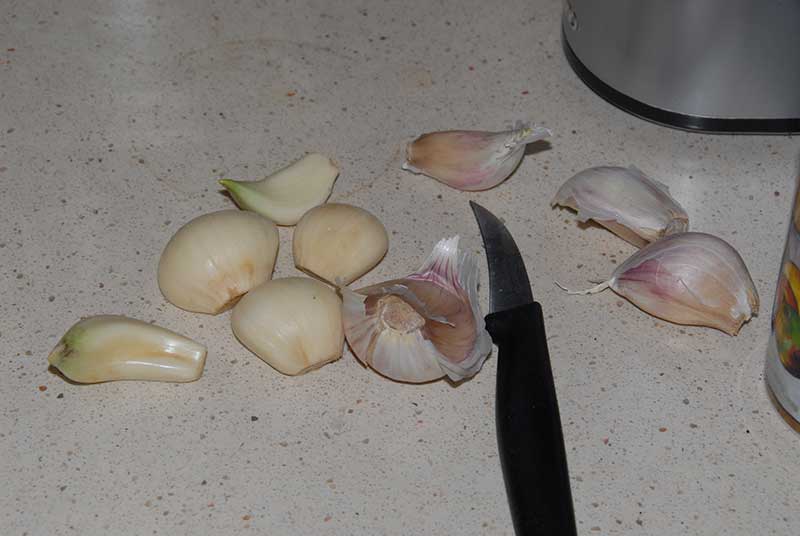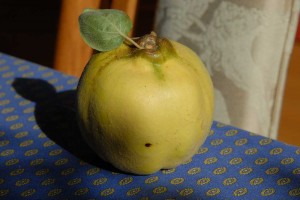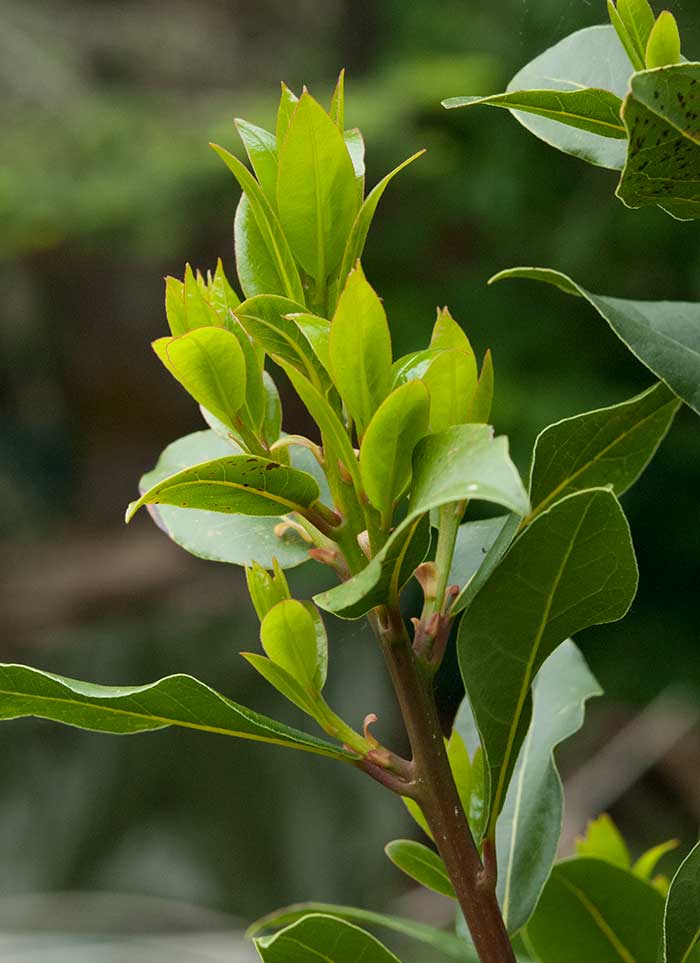
Wining About Dilbit
A post on CBC tells of a trattoria in Fort MacMurray that won’t serve BC wine because of Horgan’s rejection of KM’s TM dilbit expansion. Here is a comment I left on FB reacting to said boycott:
Fine. I won’t patronize THAT restaurant! (Little chance of being in Alberta at all in any foreseeable future). However, I don’t like the implication that we wouldn’t have any gasoline without KM, and various other whoppers being told by a plethora of politicians, some of whom (Nenshi and Notley, notably) I thought might be beyond that sort of thing. We get all our distilled petroleum product from the United States. There is no refinery for dilbit, or even for sweet crude, in BC, nor in Alberta (could be dead wrong here) whose specialty seems to be digging up the stuff and moving it elsewhere. KM sends the stuff offshore. They are, however, along with their digging friends, kind enough to leave us with the tailings ponds, sour gas and downstream pollution in several river systems. Has Rachel stashed away enough loot to deal with all that? History tells us that as soon as the profits are gone, the KM tentacles will withdraw to Houston with all the loot they’ve accumulated and disappear into a name change (Accenture comes to mind, as well as whatever Blackwater has transmogrified into). Instead of preparing a swift and just transition to renewable energy, Notley and Trudeau continue to back sunset technologies that will doom life on Earth within the lifetimes of their children, and pretending that KM went through any approval that was anything other than a sham and a rubber stamp would be laughable were it not so brazenly false and damaging. Now can someone invoke a divine presence to turn all that dilbit into wine? I think Ernest and Julio might still have a few tankers kickin’ about.




